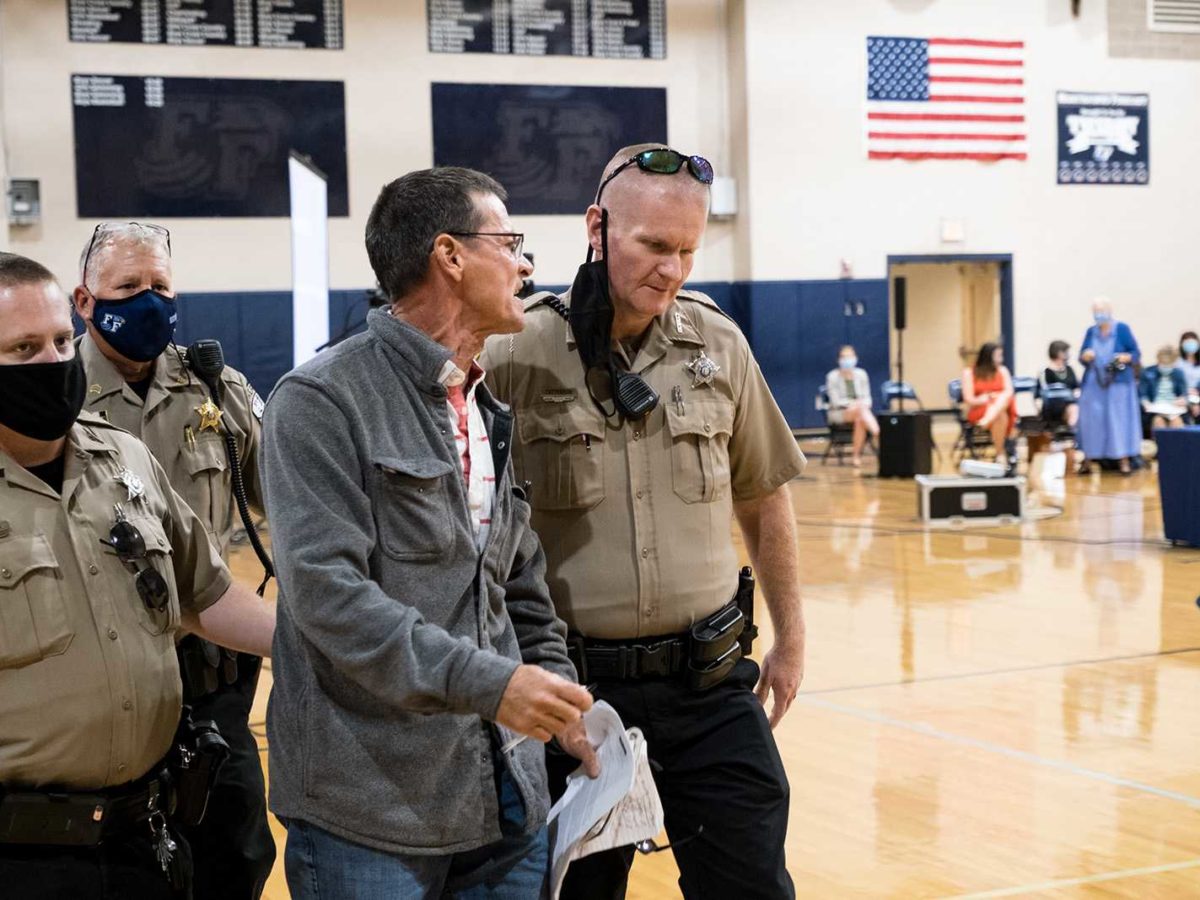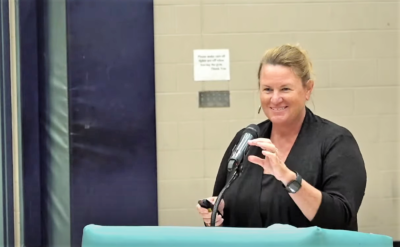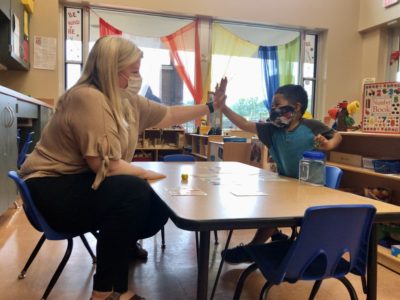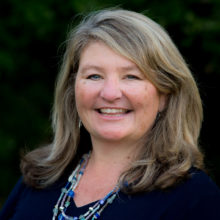
Editor’s Note: Mary Ann Wolf is writing this piece in her capacity as a member of the Chapel Hill-Carrboro School Board.
For the past three years and 9 months, I have been a local school board member in North Carolina. Although stating the obvious, I did not know when I chose to run for this position that I would ultimately be serving during a pandemic. I continue to be amazed at how school board members, superintendents, school and district leaders, educators, staff, families, and students have stepped up in innovative and unprecedented ways every single day to ensure our students have what they need to be safe and successful during this difficult season.
I also serve as the president and executive director of the Public School Forum of NC, a role in which I have the opportunity to interact with most districts across the state. I have the responsibility of learning and sharing what communities and districts need to provide a high-quality and equitable education for every student — a responsibility I take very seriously in this role and in my over 25 years in education. I have learned that the three pillars on which student success rests are:
- Our districts and schools need principals and educators that are well prepared and highly qualified, and who stay in our schools for the long term, to guide and teach our students.
- Our districts and schools need policies at the federal, state, and local levels that enable them to meet our students’ academic, social, and emotional needs.
- Our districts and schools need the resources and capacity to understand their students and meet their academic, social, and emotional needs.
At the core of these three pillars are our STUDENTS, as well as our unyielding commitment and responsibility to their well-being, opportunities, and, ultimately, their success.
However, when I look at what is unfolding across the country and specifically in NC, I see school boards, superintendents, and district leaders’ time and meetings co-opted for politically charged issues that unfortunately do not fit into those three pillars for student success. This is not to say that wearing masks in our schools, how we talk about race in our classrooms, or how to employ vaccines to mitigate the spread of COVID-19 do not impact students; however, how the debates have and continue to unfold are focused mainly on the adults, not the kids.
In my school district, we no longer have in-person school board meetings without a police officer present. And, we are not alone. I regularly talk with colleagues — school board members and superintendents — across the state who are fearful for or receive threats to their safety. Last week in Orange County, school board members were threatened. Moore County postponed their meeting because board members received threats. In Henderson County, there was concern that a knife was brought into their school board meeting. A glass door was shattered at an Iredell-Statesville Schools board meeting. The list goes on — and that doesn’t even include citizens unwilling to abide by COVID-19 protocols, putting school board members and district leaders at risk in the meeting spaces. What is at the core of this trend? And, why has it become acceptable to disrespect the elected school board members and the district leaders?
A great gift that our democracy and elected school boards provides is that the public is provided broad access to board meetings, and public input opportunities are provided for community members. In my nearly four years on the school board, I have heard hundreds of hours of public comment, as well as read thousands upon thousands of emails and public comments received in writing. As a school board member, I appreciate that people take the time to share what they believe, their experiences, and what they question. I listen, and I read, and I strive to improve the education policies that promote the safety and success of our students.
However, in recent months and in rare instances before that, across our state we are seeing behavior before, during, and after these school board meetings — in person and in writing — that we would not accept from our students, our family members, or our neighbors. School board members and superintendents fear for their safety. How is this OK when we consider the service that they provide to our students, our districts, and our communities?
All school board members across our state chose to run, choose to serve, and have made the sacrifice to spend countless hours dedicated to our students and schools. Our superintendents take on the massive role of leading our schools, leading the way for thousands of students and employees and a budget of millions of dollars — a job that is frequently cited as one of the hardest in America. None of us is perfect, but we have been willing to step up and take on these challenges and often thankless roles. For those who disagree, I encourage you to run for office.
The public has not only the opportunity — but the responsibility to ensure that all of us are safe, that those of us leading the way in educating our students have the opportunity to focus on our students, and that we all treat each other with respect. If we focus on the students, we will find our way.
Recommended reading



